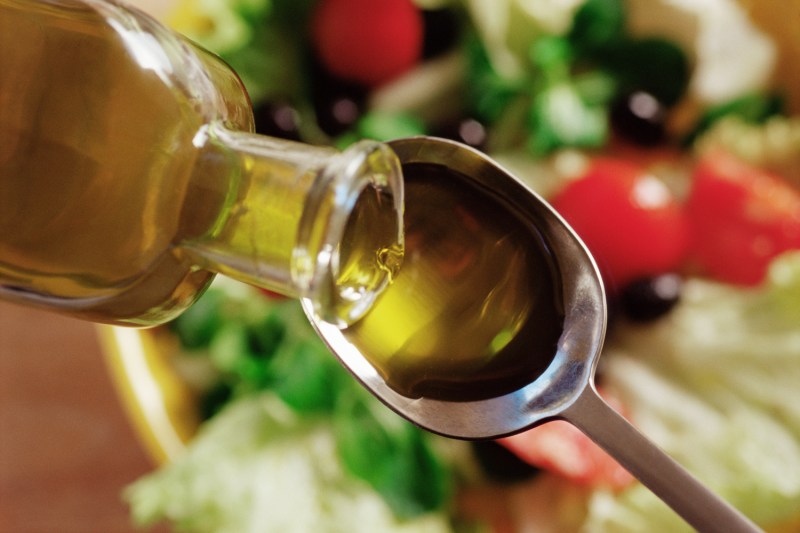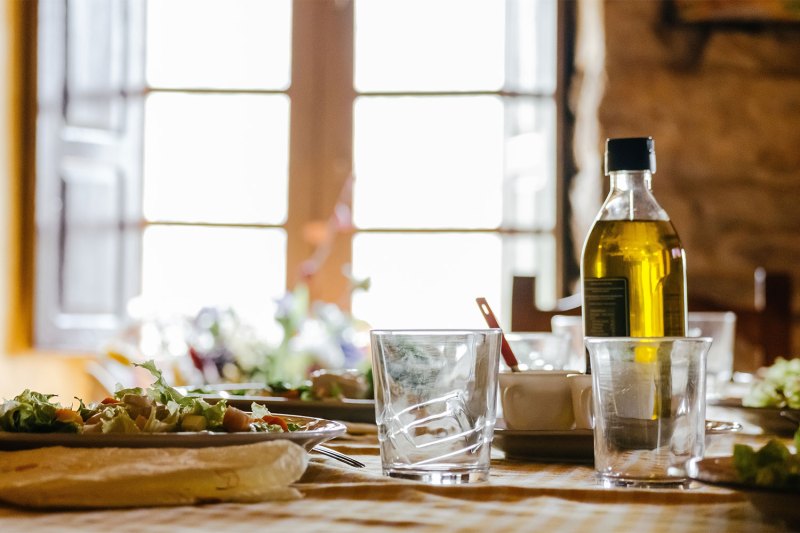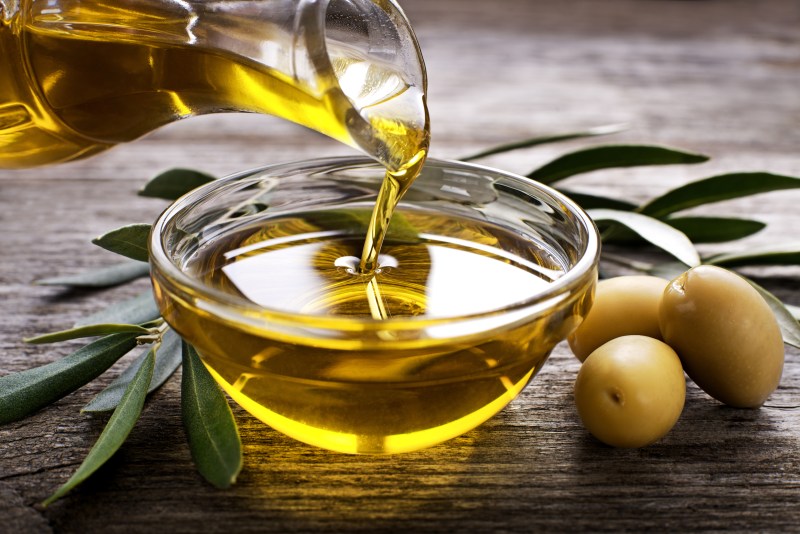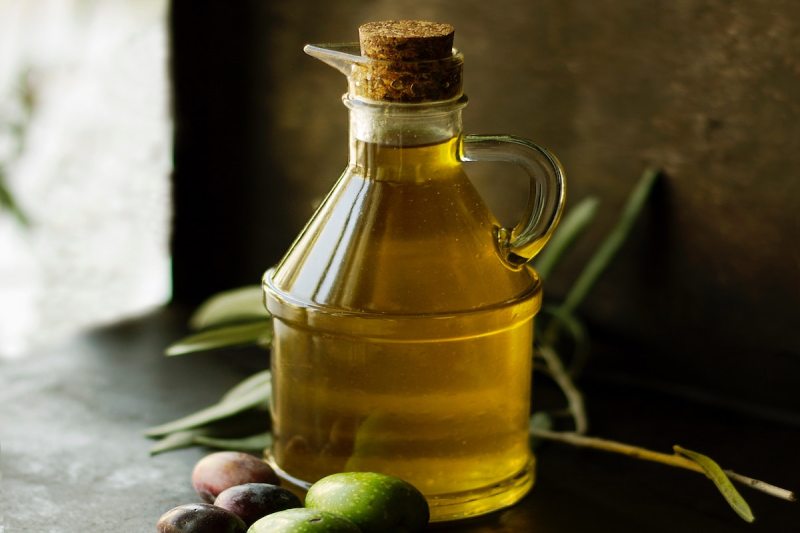
If you’ve ever spent a significant amount of time in the kitchen, you’ve probably encountered the nagging dilemma of what to do with your used cooking oil. Before you pour it down the drain, think again! Improper disposal can have dire consequences. By disposing of your oil the wrong way, you risk unleashing an environmental disaster or public health crisis. It’s crucial to take a moment to understand the dangers of improper cooking oil disposal. That way, you can take steps to adopt safe, responsible practices that protect humanity and preserve the planet, and encourage oil manufacturers to do the same. Read on to learn more about common mistakes, how to recycle, and best practices.

Common mistakes in cooking oil disposal
Cooking oil is a staple in almost every kitchen. From frying to sauteing, it’s an essential ingredient that adds flavor and texture to your favorite dishes. However, most people don’t put much thought into how they dispose of it, and that can lead to devastating environmental harm. Here are the top three mistakes:
Don’t pour your cooking oil down the drain
One of the most common mistakes people make when disposing of cooking oil is pouring it down the drain. This can cause major problems for your plumbing and the environment. When poured down the drain, the oil can solidify and cause clogs in your pipes. Additionally, it can contaminate water sources and harm aquatic life.
Don’t trash your cooking oil
Disposing of cooking oil in the trash may appear to be a convenient solution, but it is a common mistake that can have harmful environmental repercussions. When mixed with other waste in a landfill, cooking oil can generate dangerous greenhouse gasses such as methane, which can harm both the climate and public health.
Don’t burn your cooking oil
When trying to get rid of cooking oil, one of the most dangerous things people do is to burn it. Burning cooking oil produces harmful chemicals which are then released into the atmosphere or breathed in by you and your loved ones. This method is not safe nor effective, and yet many people still do it. Don’t be one of them.

How to properly dispose of cooking oil
When it comes to properly disposing your cooking oil, recycling it at your local municipal disposal site is the most environmentally friendly option. There are several ways that a recycling center processes used cooking oil. Here are a few:
How centers recycle your cooking oil
Many municipal disposal centers offer a recycling program that turns your cooking oil into other products such as soap, cosmetics, candles, and lubricant for machinery. Since this method gives your cooking oil a second life without burning it or clogging pipes, this is the most environmentally friendly use for it.
How centers safely burn your cooking oil
Some municipalities convert used cooking oil into a biofuel that can be safely burned. This reduces the need for new fossil fuels, which in turn reduces greenhouse gas emissions. While it’s not as environmentally friendly as recycling, it’s still a step in the right direction.
How to dispose of cooking oil headed to the landfill
If your center doesn’t have a solid recycling program, the landfill is unfortunately where your used cooking oil is most likely headed. However, make sure that you check with your municipality disposal center to make sure you’re following their specific guidelines. The landfill is not an ideal solution because the risk of negative environmental impact is so high, but there is a way to reduce the risk.
First, wait until the oil is cooled completely, and then pour it in a sturdy, sealable container. Once you have assured that it’s securely closed, you can toss it out. With this method, you can avoid clogging your drains and keep it from contaminating water sources. That said, it’s important to note that landfill disposal should be considered a last resort.

How to store used cooking oil safely until recycling
There are a bunch of ways you can help prepare your cooking oil for recycling or disposal, and it’s easier than you might think. Team up with your local municipal disposal site by following these principles:
Use a dedicated container
One mistake that many people make is not using a dedicated container for their used cooking oil. Glass, a metal can, or plastic, it doesn’t really matter what it’s made of, as long as it was originally used to hold cooking oil and has a sealable lid to keep out any dust. Using something that was not intended for cooking oil can cause cross-contamination, which drastically decreases the quality of your oil the longer it stays in there.
Strain the oil
It’s also a good idea to get as many of the food particles out of it as possible. By straining it with a cheesecloth or a mesh strainer, you can preserve the quality of your used cooking oil, which increases the chance that it can be recycled.
Label the container and include the date
Believe it or not, cooking oil does expire. To make sure that you recycle this substance in a timely manner, add a date to the container so you can remember to take it to the recycling center before long. Labeling your used cooking oil can also keep you from using it accidentally.
Store in a cool, dry place
Store the container in a cool, dry place. Keep it separate from your normal cooking oil, and don’t put it in direct sunlight or near heat sources. Avoid storing your used cooking oil near flammable materials or in areas where it could be knocked over.

Overall, recycling your cooking oil is the best way to dispose of your cooking oil. It can help reduce waste, conserve natural resources, and support the development of a more sustainable economy. By following these steps and the directions of your local municipal disposal center, we can all play a part in preserving our environment and safeguarding public health.



